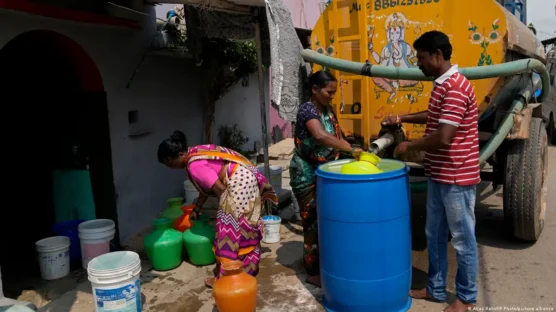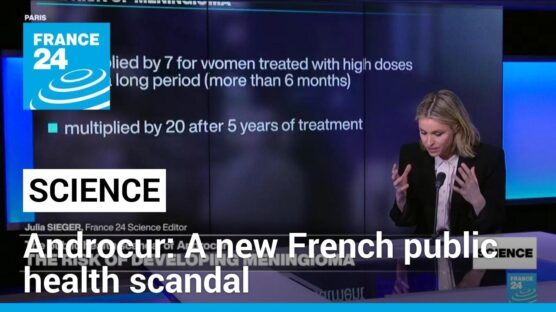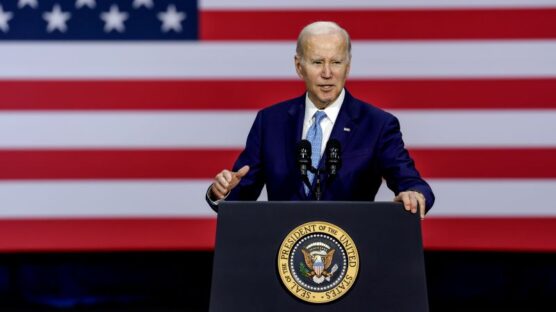Toxic gas becomes energy source to power Rwandan economy
By Reuters
11 July 2016 |
4:00 pm
Rwanda is turning methane gas dissolved deep inside the waters of Lake Kivu into a lifeline by generating electricity to help businesses expand and light up a nation with a chronic power shortage.
In this article
Related
Related
25 Apr
Eye on Africa tours the Hope Hostel in Kigali. It's one of the lodgings prepared by Rwanda to take in migrants deported from Britain, the first of whom could arrive in a few months' time under a controversial policy.
27 Apr
Engineers at Columbia University's Creative Machines Lab have developed Emo – a robot capable of mimicking human facial expressions – to “enhance the interactions between humans and robots.” Emma Jehle has more.
28 Apr
We look at reactions to New York's highest court overturning Harvey Weinstein's sex crimes conviction in a major decision that could impact his future appeals. Also: France's highest civil court rules on a case filed by an association claiming ownership of the Louvre's more celebrated painting, the Mona Lisa. Finally, artificial intelligence can accurately predict your political leanings – just by looking at your face!
7 hours ago
It’s been a week where the midnight oil was burnt in Britain at a late night session of the House of Lords where the controversial Rwanda bill was finally passed - two years since it was proposed. PM Rishi Sunak says the plan to fly migrants to Africa will be the solution to, what’s become his mantra, “stop the boats”
4 days ago
Tesla's shares surged after the EV maker won tentative approval to deploy its Full Self-Driving system in China, as Elon Musk met high-ranking officials on a surprise visit to Beijing. Plus, the French state has offered to buy key assets from troubled IT giant Atos, to protect national interests.
2 days ago
Bengaluru is running out of drinking water, with an estimated daily deficit of 500 million liters. The shortages have become a hot-button political issue during the 2024 election.
Latest
2 hours ago
English football player Georgia Stanway has found form with Bayern Munich and is on the verge of making club history.
2 hours ago
Satirical website The Babylon Bee has posted a photo of Columbia University President Minouche Shafik "accidentally" giving a Nazi salute during a Congress hearing on anti-Semitism on April 17.
3 hours ago
FRANCE 24's culture editor Eve Jackson tells us about the life and work of US writer Paul Auster, who has died aged 77. Best known for "The New York Trilogy" mystery novels, Auster wrote more than 30 books that were translated into 40 languages. He had a particularly big following in France.
3 hours ago
In this Science segment, we look at the public health scandal surrounding a prescription drug called Androcur. First used in the 1980s to treat acne, hair loss or hirsutism (excessive body hair), it was later prescribed as a contraceptive pill.
4 hours ago
The ongoing war in Gaza has prompted debates in Malaysia and elsewhere in Southeast Asia over what is seen there as the West's moral decline for not having more forcefully condemned Israeli actions.
4 hours ago
Viral videos on social media claim to show US President Joe Biden either "shaking hands with a ghost" or with "thin air". Sources also report that former president Donald Trump has been flatulent and sleepy in the courtroom during his New York trial. We review these viral claims in this edition of Truth or Fake.
×

Get the latest news delivered straight to your inbox every day of the week. Stay informed with the Guardian’s leading coverage of Nigerian and world news, business, technology and sports.


















0 Comments
We will review and take appropriate action.